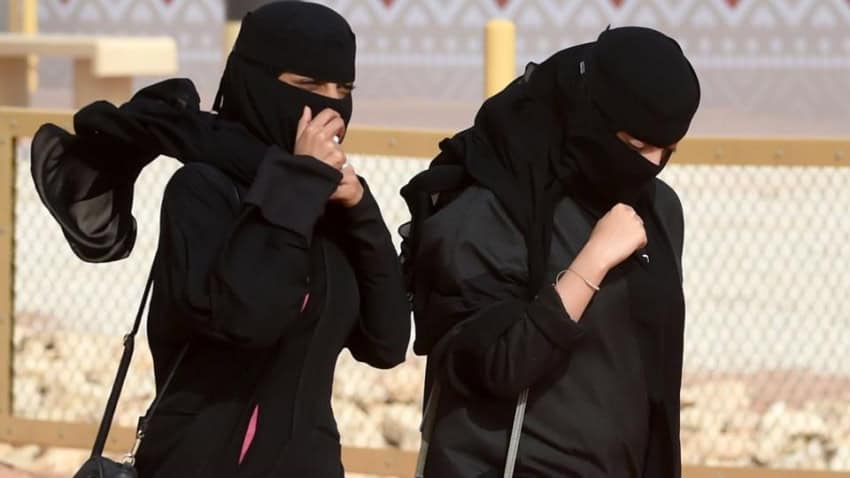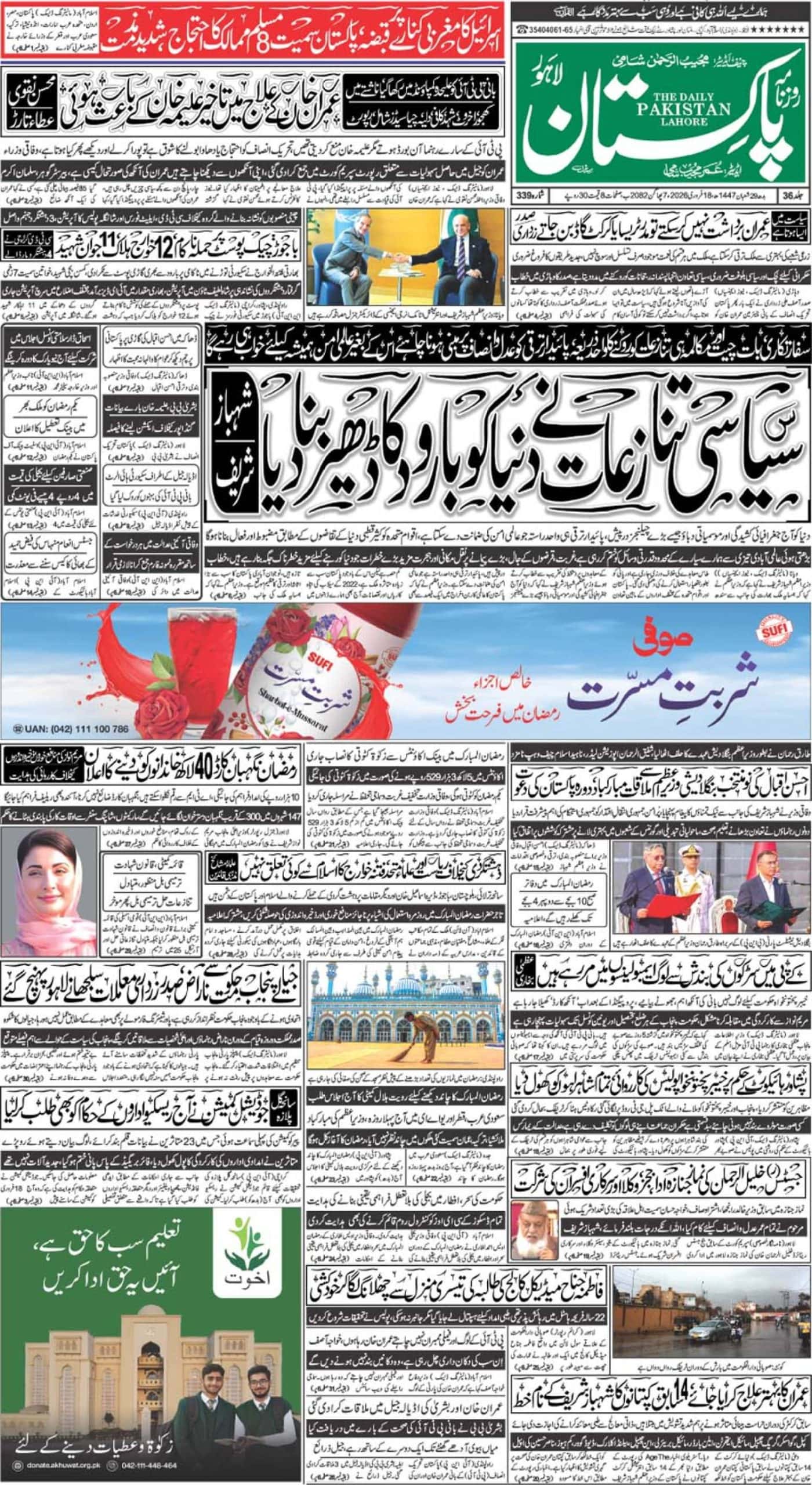JEDDAH – The Saudi women do not need the permission of a male guardian to start their own business, according to the Ministry of Commerce and Investment.
“No need for a guardian’s permission. Saudi women are free to start their own business freely,” ministry spokesperson Abdul Rahman Al-Hussein tweeted on Thursday using an Arabic hashtag that translates as #No_Need.
The #No_Need campaign is an initiative of Taysir, which aims to streamline the necessary procedures to establish a new business.
There is no longer any need to visit a notary to document the founding of a company. The Abshir system means this can all be done electronically.
Saudi women will no longer face more obstacles than a man does to establish their own business and government agencies will no longer require the consent of a guardian for a woman to complete the necessary procedures.
Al-Hussein told Arab News: “Women can practice all their commercial transactions in the Ministry of Commerce and Investment without a guardian or a notary.”
Nojood Al-Qassim, head of the Department of Personal Status, Family Legacies and Women’s and Children’s Rights, pointed out that this latest step toward the empowerment of Saudi women is in line with the government’s overall development drive.
“One of the directives of Vision 2030 is to activate the role of Saudi women in society and to give them their full rights and the rights guaranteed by Shariah,” she told Arab News.
Dima Al-Shareef, a Saudi law consultant, said: “I believe this new approach will open the door to (women) in our homeland to highlight their talents and ideas and translate them into a realistic business with a worthy financial return.”
She added: “We are witnessing a new era in the empowerment of Saudi women, in the commercial sphere in particular.”
The Kingdom has also opened 140 positions for women at airports and border crossings, a historic first that the government said drew 107,000 female applicants.
Crown Prince Mohammed bin Salman, the powerful heir to the Saudi throne, has been leading the drive to expand the role of women in the workforce in recent months.
His father, King Salman, in September, approved the end of a decades-long ban on driving, which goes into effect in June.
The 32-year-old prince pledged a “moderate, open” Saudi Arabia in October, breaking with ultra-conservative clerics in favour of an image catering to foreign investors and Saudi youth.
Prince Mohammed is widely seen as the chief architect behind Saudi Arabia’s “Vision 2030” reform programme, which seeks to elevate the percentage of women in the workforce from 22 percent to nearly one-third.














